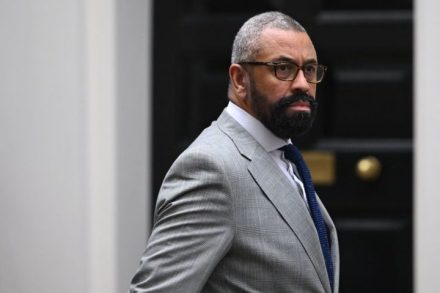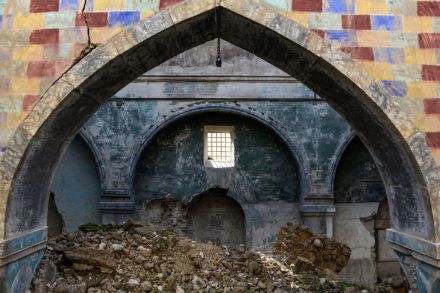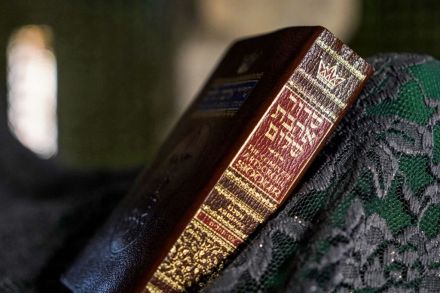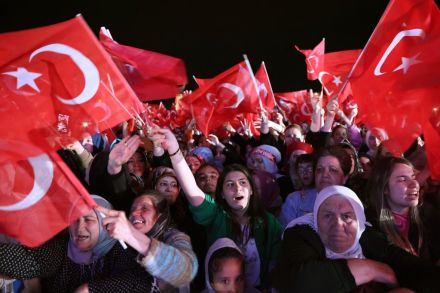Banning Iran’s IRGC makes more sense than cracking down on Wagner
Is the Wagner Group a terror threat to Britain? Until this morning, the thought had probably never occurred to most people as they went about their lives. The mercenary group has indeed done terrible things in Ukraine and Africa. But a threat to British subjects on our own soil? Today, however, the government will add Wagner to its list of proscribed organisations, which includes groups like Islamic State and al-Qaeda. This means that joining or supporting the organisation carries a penalty of up to 14 years in prison. Officials will be able to seize Wagner’s assets more easily, and members of the group will be barred from silencing journalists and




















